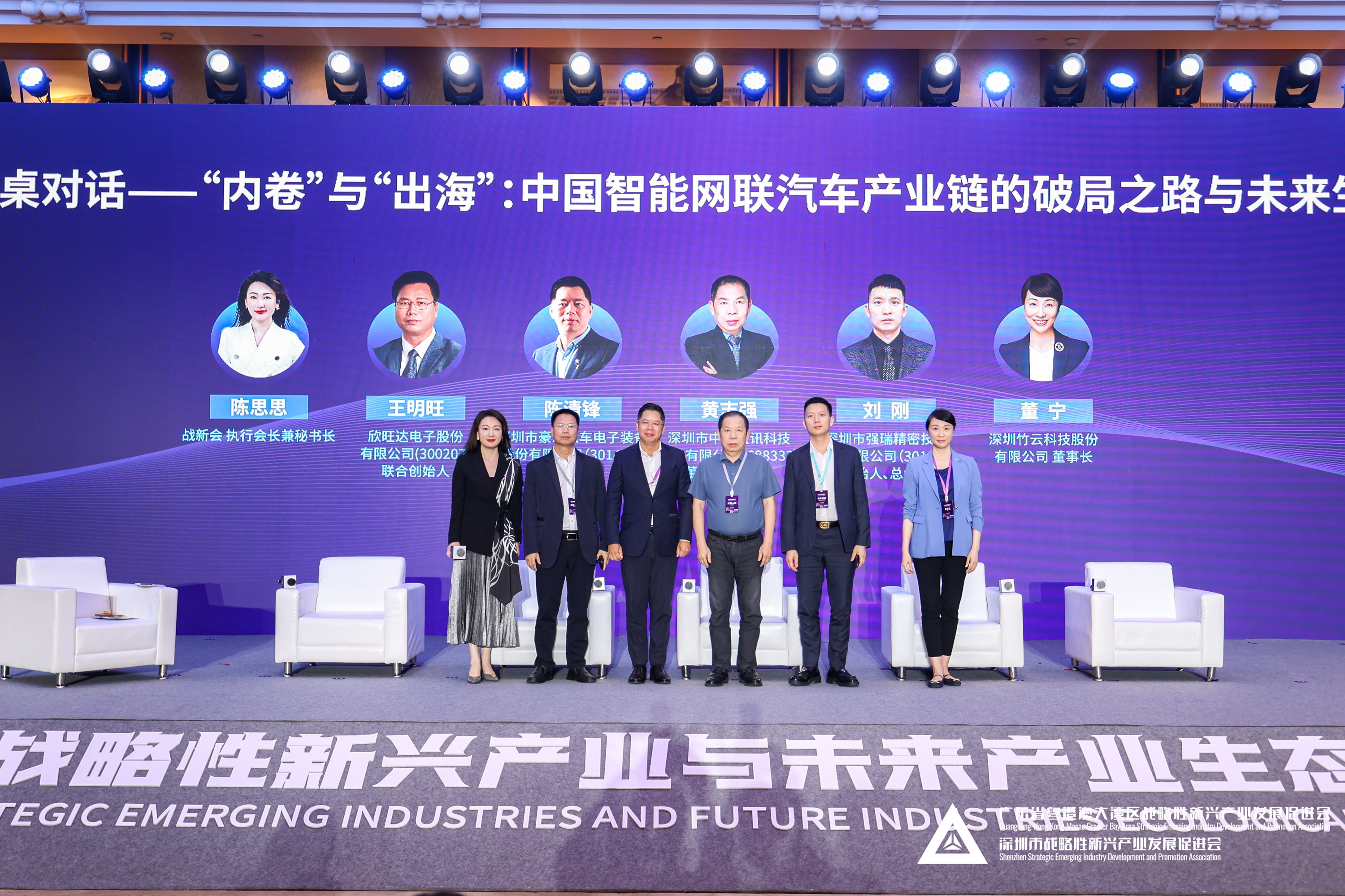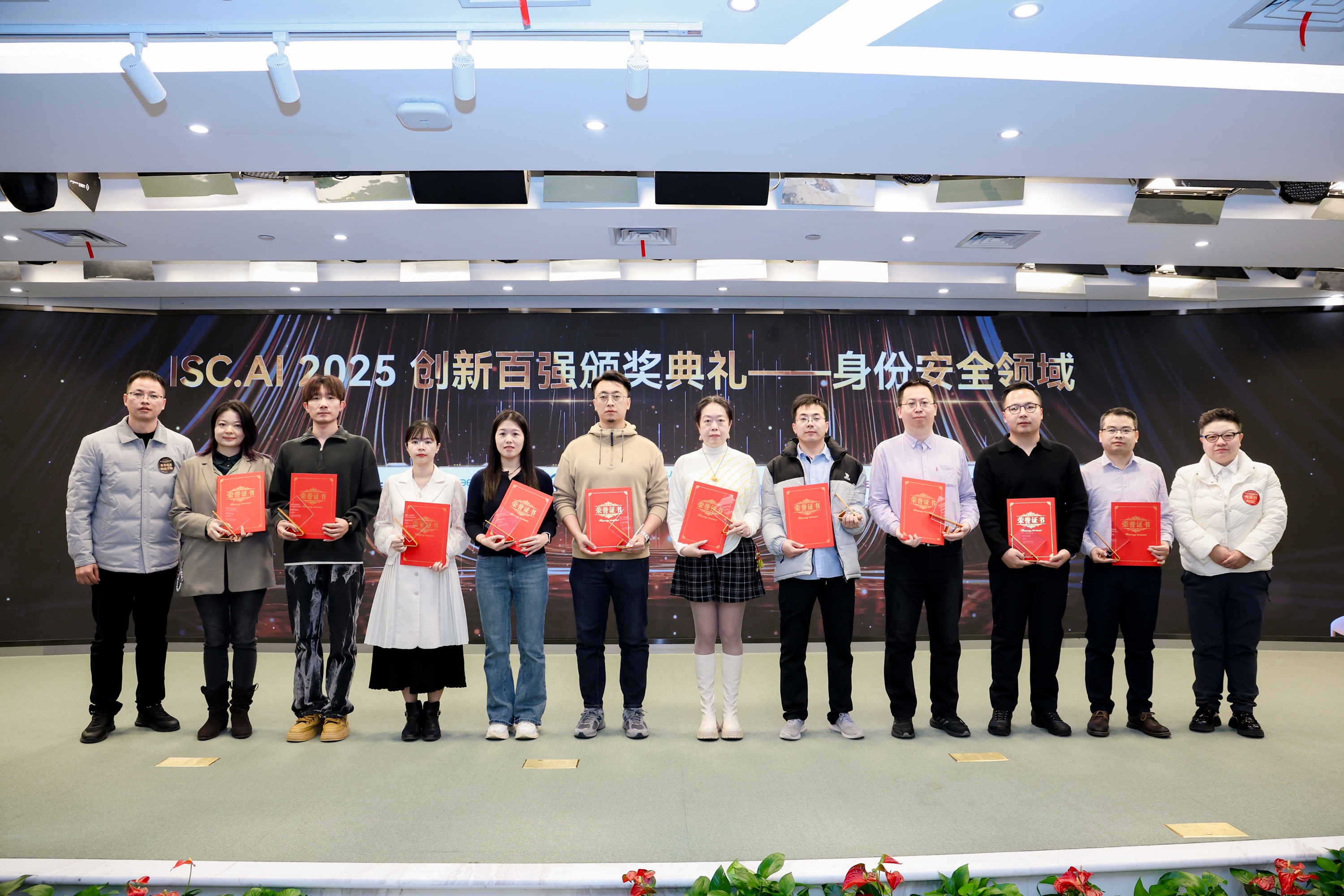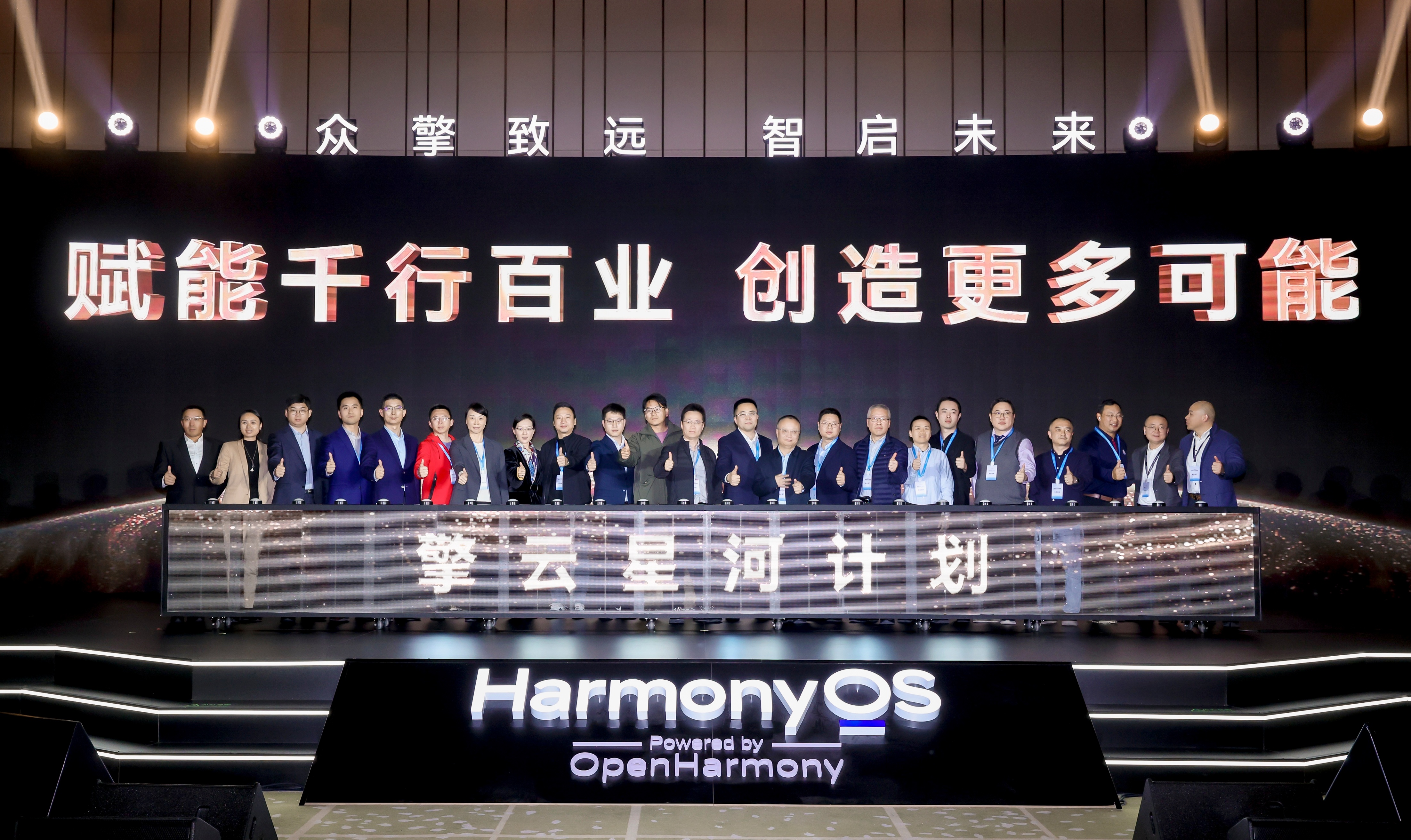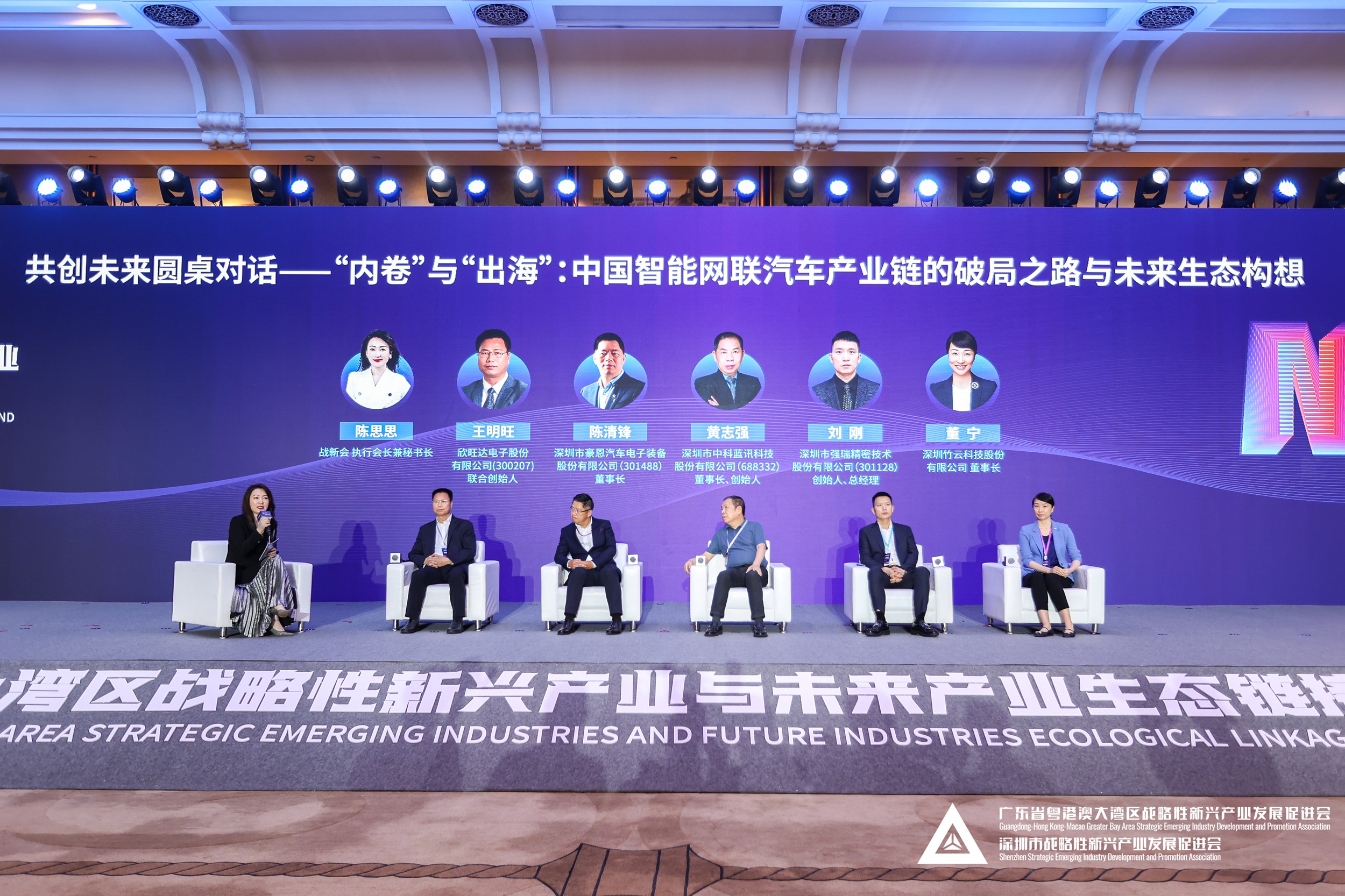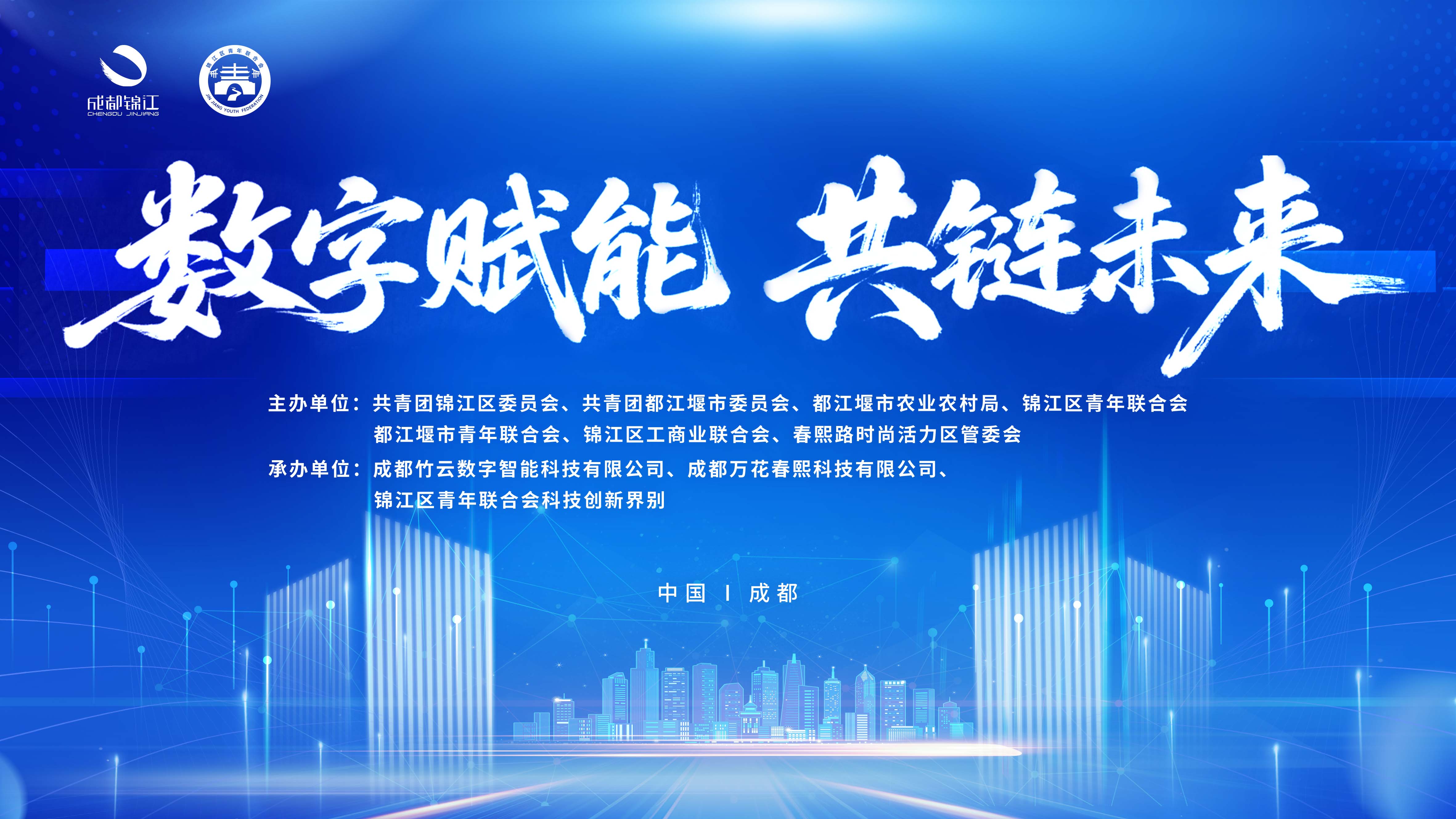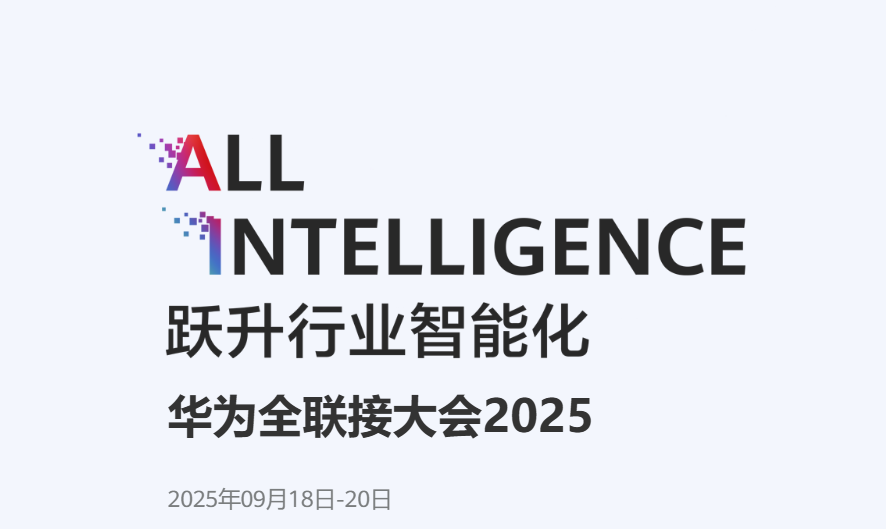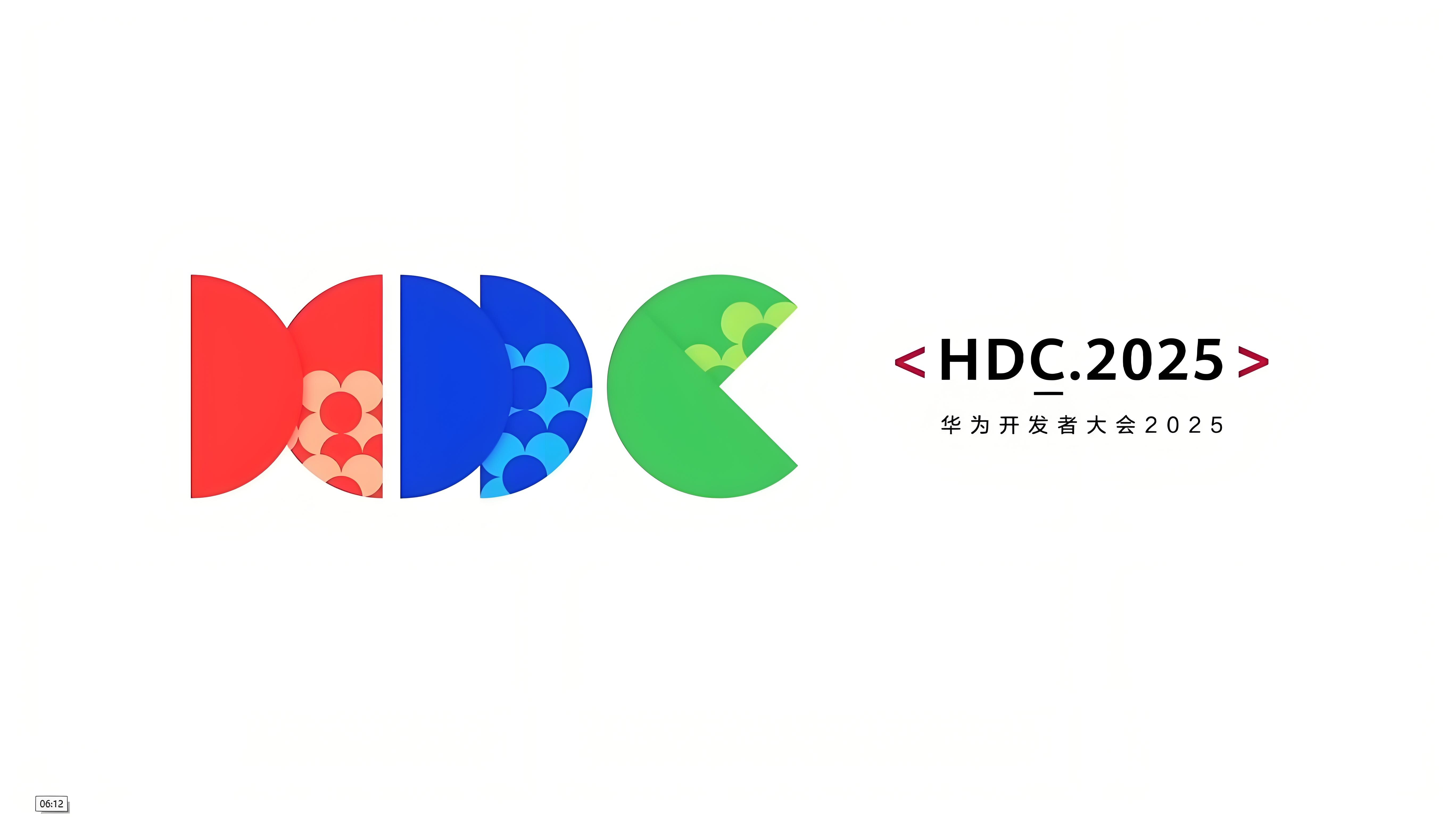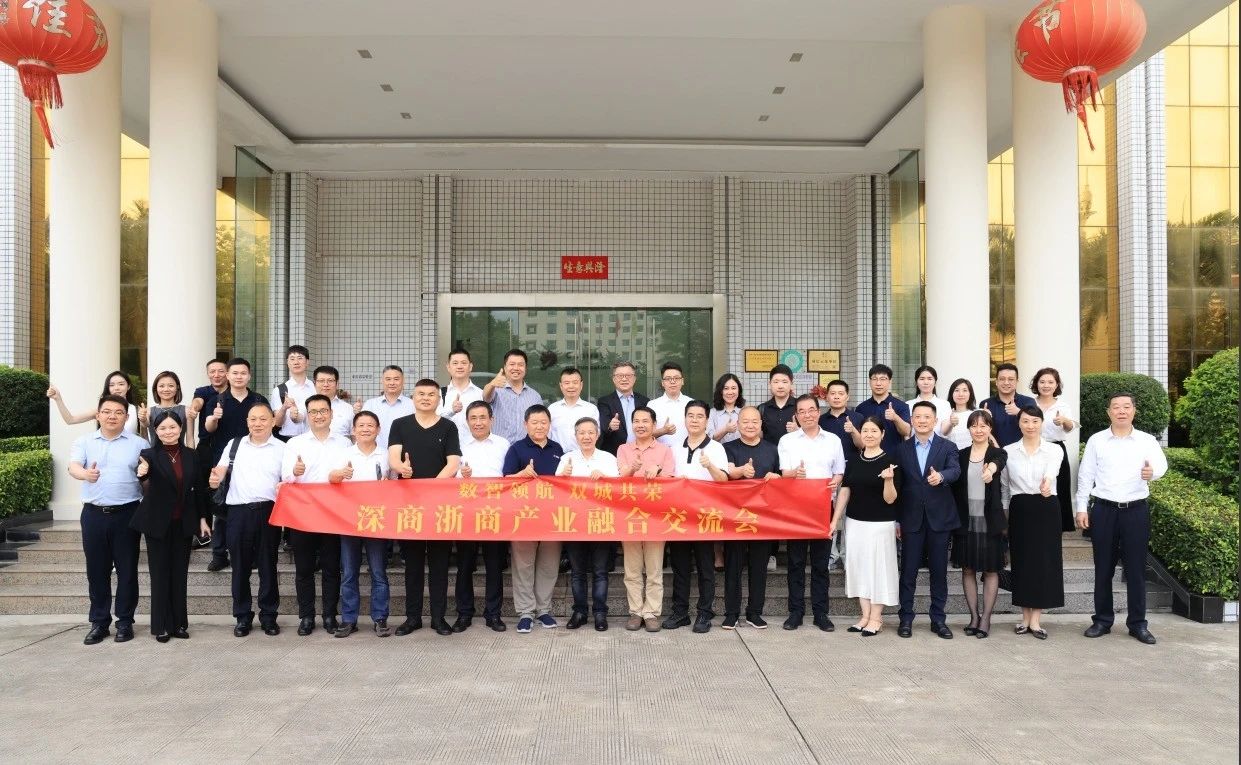Roundtable Dialogue | "Involution" and "Going Global": The Breakthrough Path and Future Ecosystem Vision for China's Intelligent Connected Vehicles
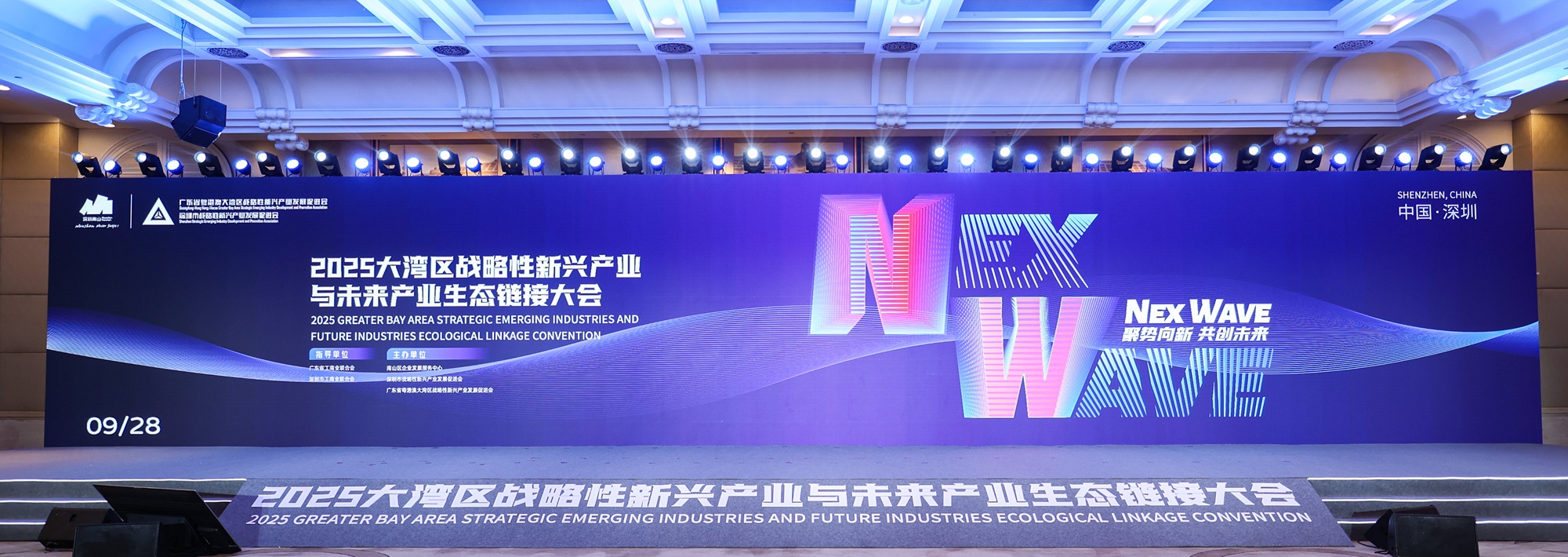
On September 28, the NEXWAVE 2025 Greater Bay Area Strategic Emerging Industries and Future Industries Ecosystem Linkage Conference, themed "Gathering Momentum for Innovation, Co-creating the Future," grandly opened in Shenzhen. The conference aimed to bring together government, industry, academia, research, finance, service providers, and users to discuss cutting-edge industry trends and link key resources, injecting strong momentum for economic dynamism transformation and industrial upgrading in the Greater Bay Area and nationwide. Dong Ning, Chairman of Bamboocloud, was invited to participate in the roundtable dialogue titled "'Involution' and 'Going Global': The Breakthrough Path and Future Ecosystem Vision for China's Intelligent Connected Vehicles".
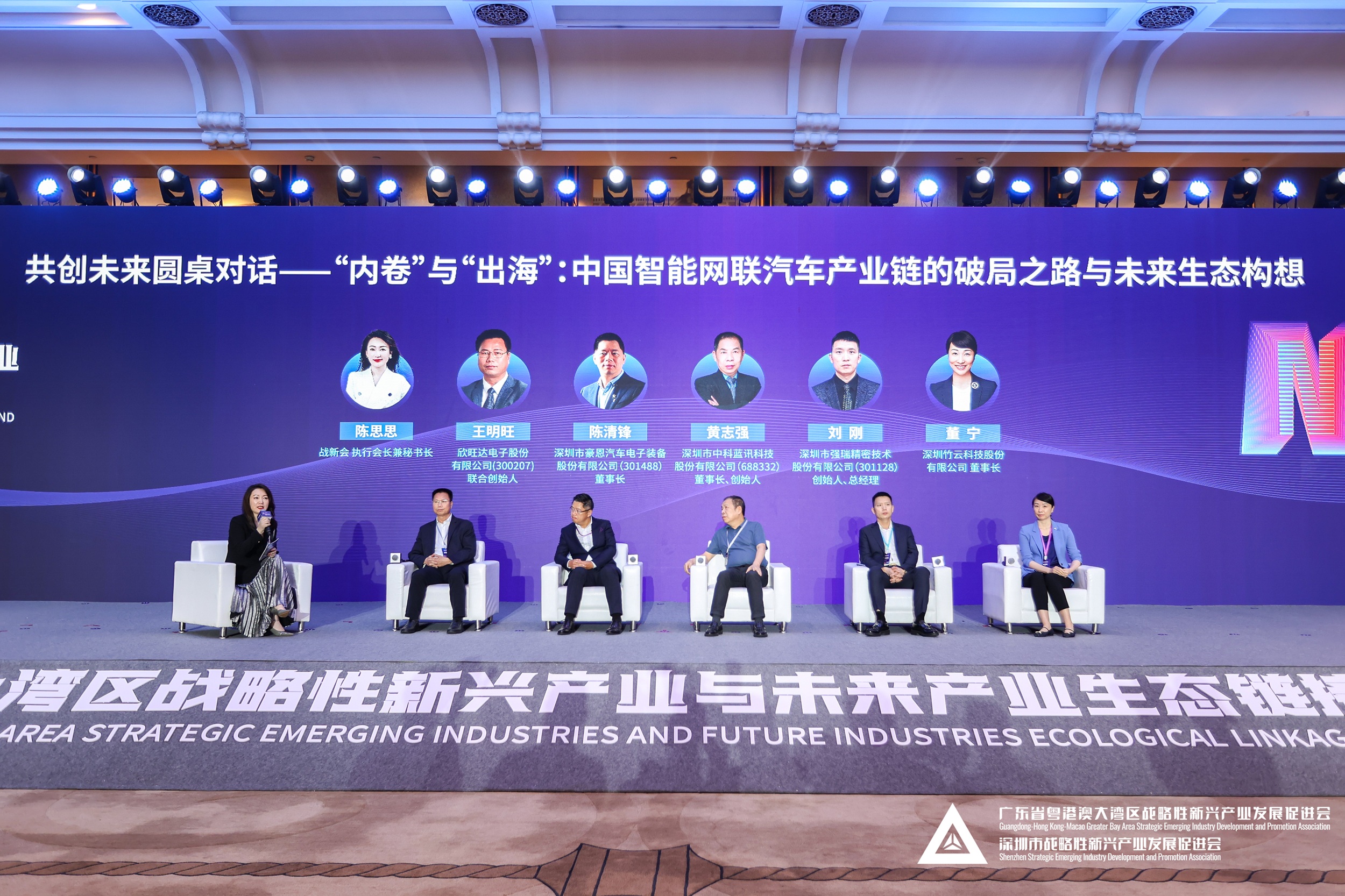
Question 1: "Involution" is the most palpable feeling currently. President Dong, from your field's perspective, is the current "involution" a low-level repetitive price war, or has it evolved into all-around competition encompassing technology iteration speed, patent layout, talent acquisition, and even delivery cycles?
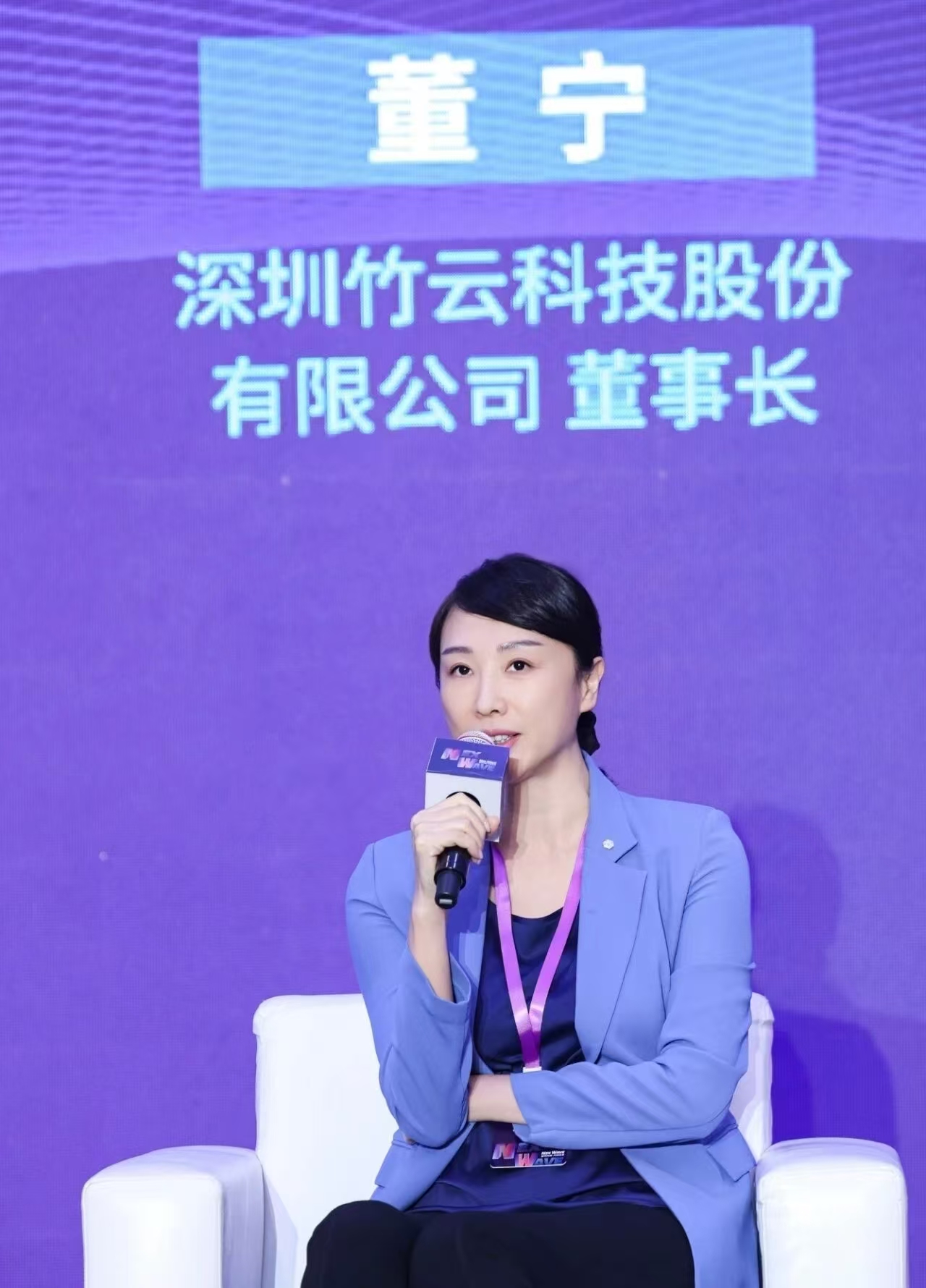
Currently, we see varying degrees of "involution" across different fields. Bamboocloud has long been deeply involved in the IAM (Identity and Access Management) platform-level software and cloud service technology sector. As the industry leader in China's IAM sector with the most extensive experience and the largest technical team and scale, we inevitably face significant "price involution" as well.
Some competitors bid with absurdly low prices, far below cost. Facts have proven that this affects high-quality delivery for customers, hinders the sustainable development of enterprises, and limits the industry's growth space.
Our repeated practical experiences have verified that if clients focus solely on winning with low prices without considering quality and service delivery, the final outcome is inevitably a lose-lose situation. We have encountered such situations multiple times where clients selected proposals based solely or primarily on the lowest bid, only to contact us again a year later, hoping to cooperate once more to help achieve the final expected technical service goals.
Providing valuable, reliable technical products and service delivery is the key reason why Bamboocloud stands out and wins recognition from numerous top-tier clients.
In the IAM technology field, there are high demands for the security, compatibility, user-friendliness, and reliability of the platform products themselves. Simultaneously, there is also a high requirement for industry experience, as it necessitates a deep understanding of customers' business scenario needs and the seamless adaptation of technical products to the customers' system environments.
Compared to the global market, the domestic IAM industry is still in its early stages in terms of maturity and development scale. The industry requires healthy nurturing, and there is a hope that the sector can focus more on "competing on quality," "competing on technology," and "competing on service," rather than being trapped in a vicious cycle of competing solely on ultra-low prices. Only with healthy industry development and a greater focus on value creation can enterprises have more capacity to invest in technological innovation and high-quality delivery, thereby driving the positive development of the industry as a whole.
Question 2: The digital identity domain is the "passport" for going global. For intelligent connected vehicles expanding overseas, data compliance, cybersecurity, and privacy protection are the primary hurdles. Facing increasingly stringent regulations in markets like Europe and the US, what do you see as the biggest challenges? How should the upstream and downstream industry chains prepare in advance?
Modern intelligent connected vehicles are like highly secure smartphones, integrating various technologies that can connect to applications, the internet, and other devices. While enjoying digital convenience, it is essential to ensure the security of vehicle access and personal information.
This involves Identity and Access Management for Vehicles (VIAM). The core is controlling "who" or "what device" has the right to access "which resources" at "what time," with all operations subject to security and compliance audits. It is crucial to emphasize that "identity" refers not only to the driver but also includes non-human identities such as IoT devices, in-vehicle applications, voice assistants, cloud connections, and AI applications. These interact with vehicle systems, collect data, provide services, and even perform operations, and must be protected with security measures as stringent as those for human identities.
The VIAM market is experiencing rapid growth, projected to increase from $1.2 billion in 2024 to $6.4 billion in 2033, with a compound annual growth rate (CAGR) of 20.7%. Growth drivers include the explosive adoption of intelligent connected vehicles, rising demand for digital travel safety, and the rapid development of autonomous driving systems, all of which multiply the number of identities that need to be managed and protected.
The prosperity of VIAM is rooted in the fertile ground of the global IAM market. According to a Sullivan report, the global IAM market size grew from $9.84 billion in 2019 to $16.17 billion in 2023, with a CAGR of approximately 13.2%. In comparison, China's IAM market grew from RMB 1.27 billion in 2019 to RMB 3.15 billion in 2023, with a CAGR of about 25.4%. However, when calculated in US dollars, the current size of China's market is less than 3% of the global total, indicating a significant development gap and potential.
Looking ahead, the IAM market, as a core middleware, holds immense potential, with the global scale expected to reach $54.4 billion by 2033, signaling long-term growth momentum for VIAM.
To address security challenges, Western automotive companies have deployed strict cybersecurity measures, integrating advanced technologies with regulations like the General Data Protection Regulation (GDPR), and collaborating with mainstream CIAM experts to ensure that every login—whether from a driver, application, or device—is securely authenticated, with suspicious activities flagged and verified in real-time. Its importance is reflected in four aspects: compliance, user trust, defense against cyber attacks, and optimized user experience. A professional CIAM system means a single login securely enables the use of various functions, providing anti-fraud protection while delivering a simple and reliable user experience.
As vehicles become more intelligent and connected, especially with the rapid rise of autonomous driving technology and robotaxi services in the next five years, the role of VIAM will become increasingly critical. In the era of autonomous driving, managing all human and non-human identities will become the cornerstone for ensuring safety, privacy, and public trust.
Autonomous driving will free up the driver's attention, allowing people to use travel time more flexibly for work or rest. This new freedom will spur demand for in-vehicle digital services, such as advanced connectivity, streaming media, gaming, productivity tools, or enhanced navigation—transforming the car into a complete digital ecosystem. Within this, secure, seamless identity management and access control will be key to the user experience and trust.
Question 3: Finally, could you share your outlook? Five years from now, what will be the core label for a Chinese intelligent connected vehicle industry chain enterprise that successfully navigates cycles and establishes itself in the global market? Will it be "Technology Leader," "Cost-Effectiveness Expert," "Ecosystem Partner," or "Localization Master"? Or something else?
For a company to successfully navigate cycles and achieve its ultimate goals, it first needs firm belief, adherence to its original aspirations, and the commitment to doing difficult yet right things!
As a technology company, Bamboocloud pursues quality and continuous innovation, providing clear and visible value for our industry clients, ensuring our technical solutions and products keep pace with the latest global industry technologies and undergo continuous innovation and iteration.
More importantly, we aspire to become an international technology company, establishing more partnerships globally. Since 2024, Bamboocloud has been investing and laying out in overseas markets. We not only serve many large domestic clients across industries but have also successfully expanded into international markets. Domestically, we cooperate with global enterprises like Shell China, Starbucks, and Mobil China, supporting their digital transformation with our IDaaS identity cloud service solutions. Overseas, we are actively collaborating with partners like Huawei to extend our digital identity solutions to markets in Africa, the Middle East, ASEAN, and others, assisting local governments and enterprises with digital innovation.
Looking forward, we remain true to the meaning behind the name "Bamboocloud" – deeply rooted, accumulating strength steadily, and following our core corporate values: Clarity, Quality, Value.
